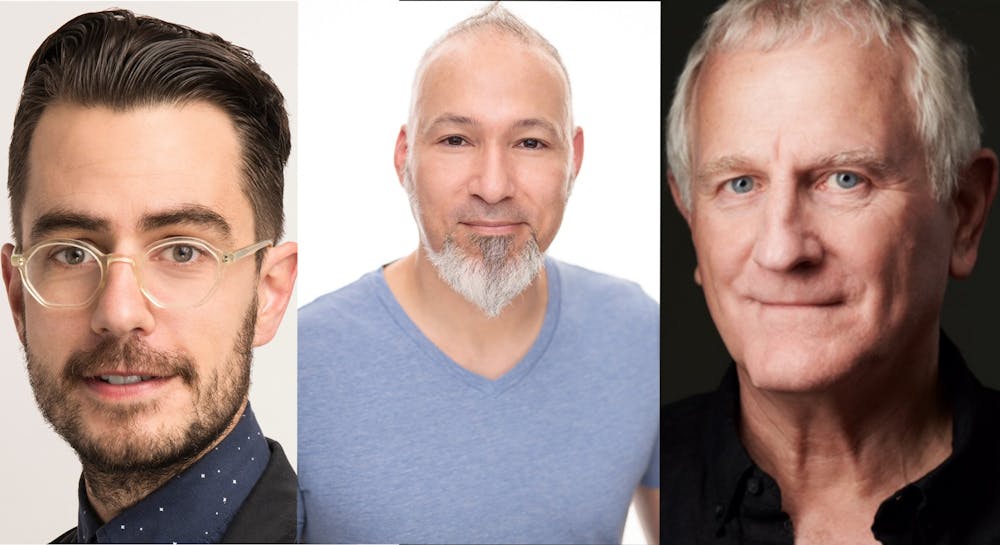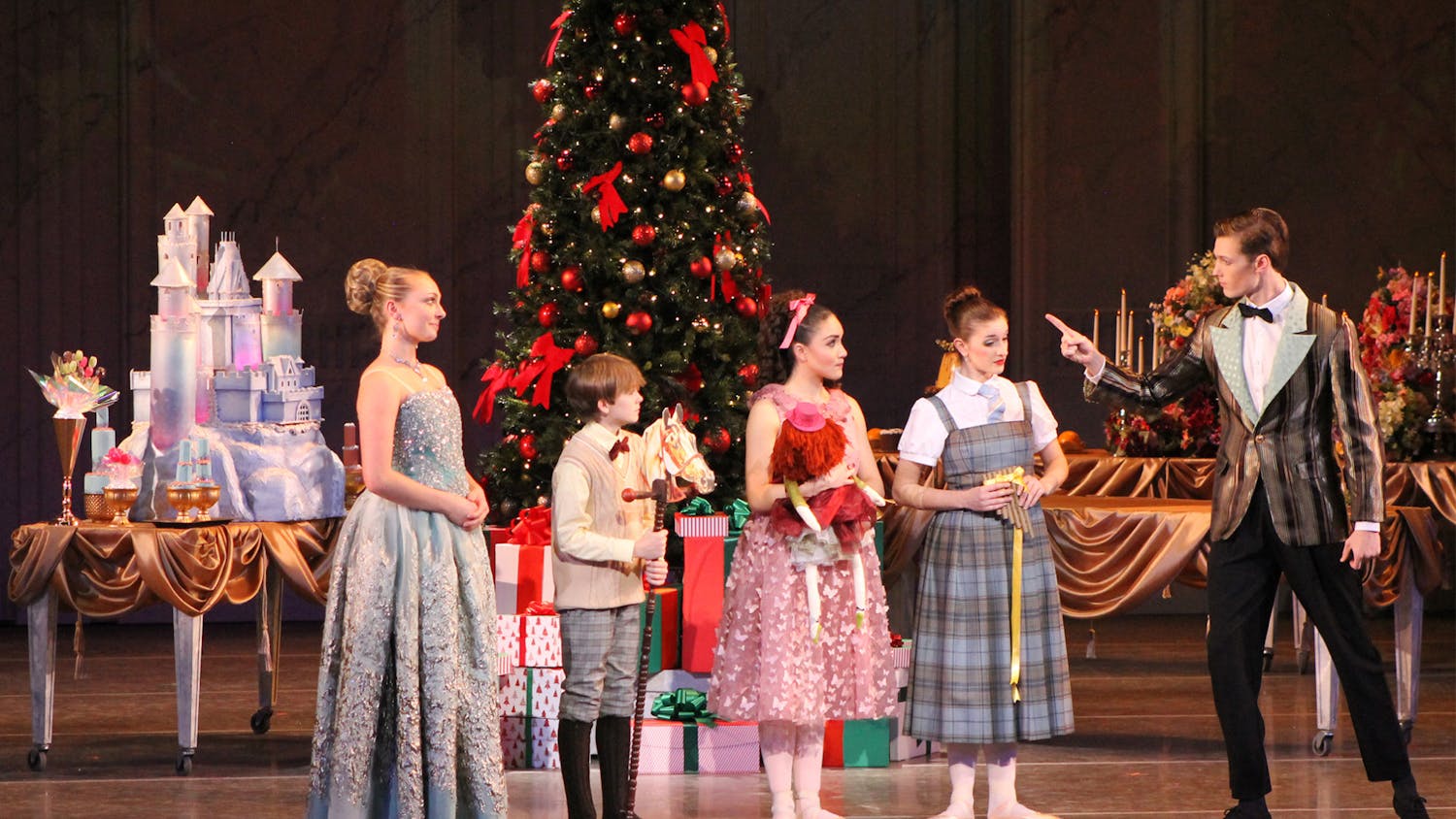Some of the changes we’ve made during the COVID-19 pandemic have been simple replacements — online shopping rather than in-person, delivery rather than a night out. But as a medium based on physicality and live performance, performing arts — and the directors that lead them — have had a lot to adjust to. For the past year, the house has stayed closed.
“Live theater is based off being in the same room, live, with an audience,” Henry Woronicz, director of “Twelfth Night” at IU, said. “All those things that make up the three-dimensionality of live theater are taken away from you on screen.”
IU has put on several different types of socially-distant performances, all with their own obstacles. For Leraldo Anzaldua, director of “Stick Fly and Time is On Our Side in IU’s Amplified” series, this meant a lack of togetherness for the actors, both on and off stage.
“A lot of the difficulty is missing the sense of community and comradery that you get with your actors and performers and staff,” Anzaldua said. “Like that’s a huge part of the puzzle that we’re missing.”
Anzaldua and his actors worked more on getting the intention of the characters through the camera lens, meaning they’ve been more purposeful with gestures, intonation, and character choices. He said this allows the actors to feel as though they’re doing something more physical and intimate than interacting online.
Woronicz and the cast of “Twelfth Night” had the same issues. In this case, though, the lack of physical connection allowed the language in the production to shine.
“The process online turned much more into … an exploration of Shakespeare in text,” Woronicz said. “We spent a lot of time in rehearsals, more time than we probably would in a stage version, doing that kind of work, because we didn’t have to deal with blocking.”
For the performance itself, Woronicz tried to find different ways to make the characters seem like they were in the same space. He said a big area of focus for him was matching where the actors were looking to what or who they were looking at, which helps the audience to feel a connection between the characters and makes the plot and language clearer.
Seth Bockley, writer and director of “More Perfect Places,” moved his play readings online last fall. While he maintains it’s not ideal for fully staged plays, this new format has made him reconsider what a play reading is and needs to be.
“What Zoom does is it highlights peoples’ faces, like yours and mine, and allows us to focus on what they’re saying. Well, that’s what a play reading is, too,” he said. “It’s not meant to be a full production. It’s meant to be a time where you’re listening to the words and hearing faces … and this medium is super great for that.”
While some directors have avoided online functions, choosing to try to make their shows as lifelike as possible, others like Bockley have embraced tricks that work for them. One he’s used is turning a camera off or on to enter or exit.
“It’s kind of a cool exit that you can make, and it’s just what the medium allows you to do. And I’d love to suggest even what the live theater version of that might be like. The lights could change or have something more dramatic happen,” Bockley said.
The learning curve for this type of performance has been difficult. But Bockley hopes these online performances don’t become commonplace in the future. He said that virtual performances have allowed him to take on some unique opportunities, but he’s waiting to get back to live performance.
“The sense of place, and the sense of the architecture of a performance, an environment engaging multiple senses. I mean, this is why we go to live theater, we don’t just watch videos on our phones all day because we want to actually experience something,” he said.
Woronicz said he agrees that virtual performances shouldn’t become commonplace. This experience was helpful for the students, he said, and it taught them and the department about how virtual theater could work. However, he said it’s not his chosen medium by any means.
“It’s not really film, it’s not really television, it’s not really live theater,” he said. “So trying to make that work had a certain frustration to it.”
Anzaldua said he prefers live theater, but his focus remains on the idea of community. He said he believes that online performance could be made much stronger with a greater sense of togetherness.
“If we all play with the same commitment, with the same kind of drive and connection, then the story will be as successful as it can be in this medium,” he said. “As long as we’re all playing in the same game, for the same team, then we’re good.”






